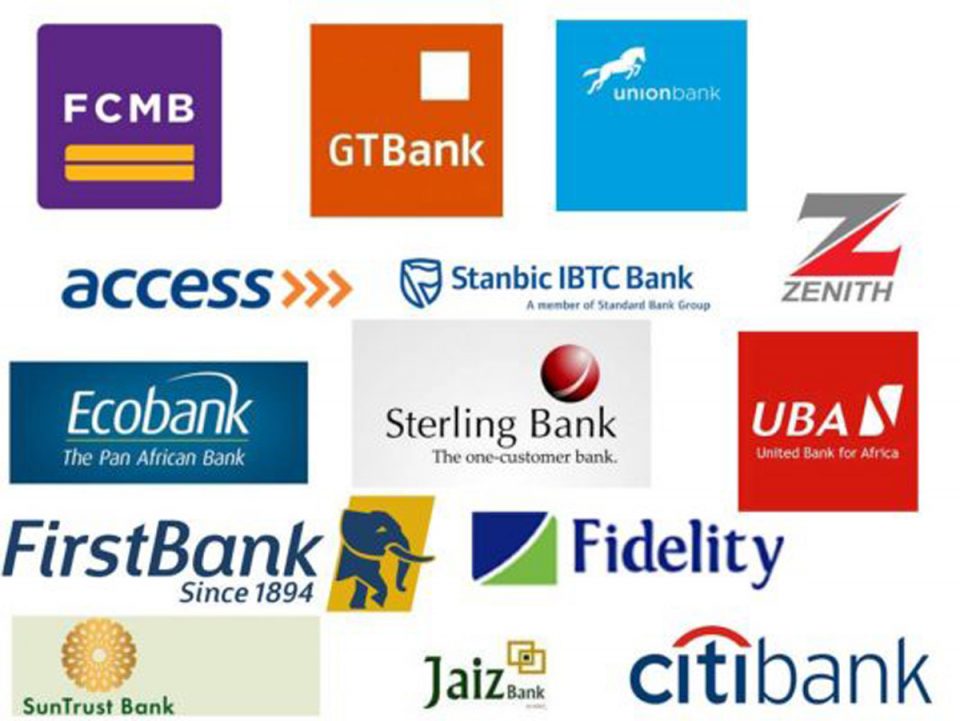Against the backdrop of inflationary pressure, Tier-1 banks operating in Nigeria reported a hike in Cost-to-Income Ratio (CIR) in 2021, to underline the harsh operating environment.
But Access Bank Plc, FBN Holdings Plc reported a drop in CIR while other Tier-1 banks, Guaranty Trust Holding Plc (GTCO), United Bank for Africa Plc (UBA), and Zenith Bank Plc reported a hike last year.
The National Bureau of Statistics (NBS) announced that Nigeria’s inflation rate closed 2021 at 15.63 per cent from 16.47 per cent reported in January 2021. The bureau had disclosed that the country’s inflation rate hits an all-time high in March 2021 to 18.17 per cent, while all items (12 Months Avg. Change) closed 2021 at 16.73 per cent.
The ratio gives a clear view of how efficiently a bank is being run -the lower the ratio, the more profitable the bank.
Changes in the ratio also highlight potential problems – if the ratio rises from one period to the next, it means that costs are rising at a higher rate than income.
As gathered by THISDAY, GTCO at 42.28 per cent reported the lowest CIR in 2021 financial year amid hike in operating expenses and drop in operating income, while UBA reported highest CIR among considered Tier-1 banks to 62.70 per cent in 2021 from 61.80 per cent reported in 2020.
GTCO, thus, reported 38.24 per cent CIR in 2020 financial year to undermine how operating expenses impacted on banks’ operations.
GTCO reported operating expenses (OPEX) of N162.3 billion in 2021, an increase of 10.1 per cent from N147.4billion in 2020, while operating income dropped marginally by 0.5 per cent to N383.8billion in 2021 from N385.5billion in 2020.
The increase in OPEX, according to the group, was due to the impact of rising headline inflation and exchange rate movement at the official market, which precipitated an increase in general, prices of goods and services.
The group in a presentation to analysts/investors explained: “OPEX growth of 10.1per cent was below headline inflation which closed at 15.63 per cent in December 2021. Operating cost was largely impacted by increased Regulatory Costs-27.3per cent growth in AMCON expenses and 21.5per cent increase in Depreciation Expenses.
“Overall, Cost to Income Ratio (closed at 42.3 per cent in 2021 from 38.2per cent in 2020 which is above our 35per cent guidance owing to pressure on revenue which outweighed the gains from cost-efficiency.”
The Group stated that it remained committed to effectively managing its cost despite inflationary and revenue pressures in order to remain within 2022 guidance.
According to findings, Zenith Bank closed 2021 with 50.80 per cent cost-to-income ratio from N50 per cent reported in 2020, citing inflationary pressures, exchange rate movement and heightened regulatory costs.
Notably, FBN Holdings reported a drop in its CIR to 56.40 per cent in 2021 from 66.80 per cent in 2020, while Access Holdings also reported drop in its CIR to 58.80per cent in 2021 from 63.40per cent in 2020.
Speaking on its cost profile, the GMD, Access Bank, Mr. Herbert Wigwe explained that operating cost was up 14 per cent and closed at about N371 billion compared to N326 billion in the previous year, which is below the inflation rate.
NCC takes telecom consumer awareness to Nasarawa State
In continuation of its commitment to enlighten consumers of telecom services, the Nigerian Communications Commission (NCC) has taken its consumer enlightenment programme to communities in Nasarawa State to sensitise them about their rights, obligations and privileges.
Also, the engagement was organised to enlighten telecom consumers on consumer-centric initiatives put in place by the Commission, which consumers can leverage to improve on their telecom usage experience.
Speaking at the event, which took place in Keffi, Nassarawa State recently, the NCC’s Director, Zonal Operations, Amina Shehu, said the engagement was in line with NCC’s mandate to constantly educate the consumers on telecom service-related issues bordering on improving their quality of service experience.
Addressing the participants on behalf of Shehu, an Assistant Director in the department, Usman Abubakar, said the Commission had developed a series of engagement programmes to keep telecom consumers informed of developments in the telecoms sector towards protecting consumers from any unwholesome practices.
Thus, participants at the sensitisation programme were enlightened on many subjects including Subscriber Identity Module (SIM) registration, consumer complaints redress process arising from illegal deductions, illegal sales of improperly-registered cards, among others.
According to Abubakar, the Commission had recently directed all subscribers to ensure the integration of their SIMs with their National Identification Numbers (NIN), otherwise, their mobile lines will be blocked.




